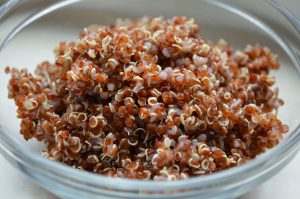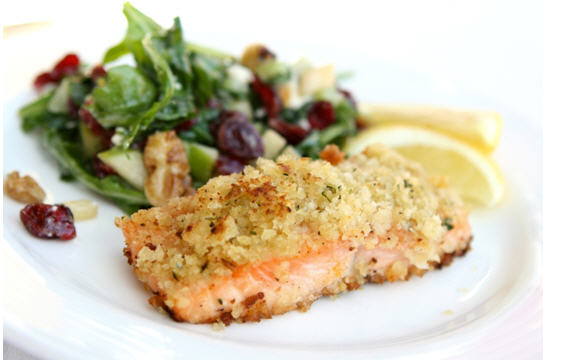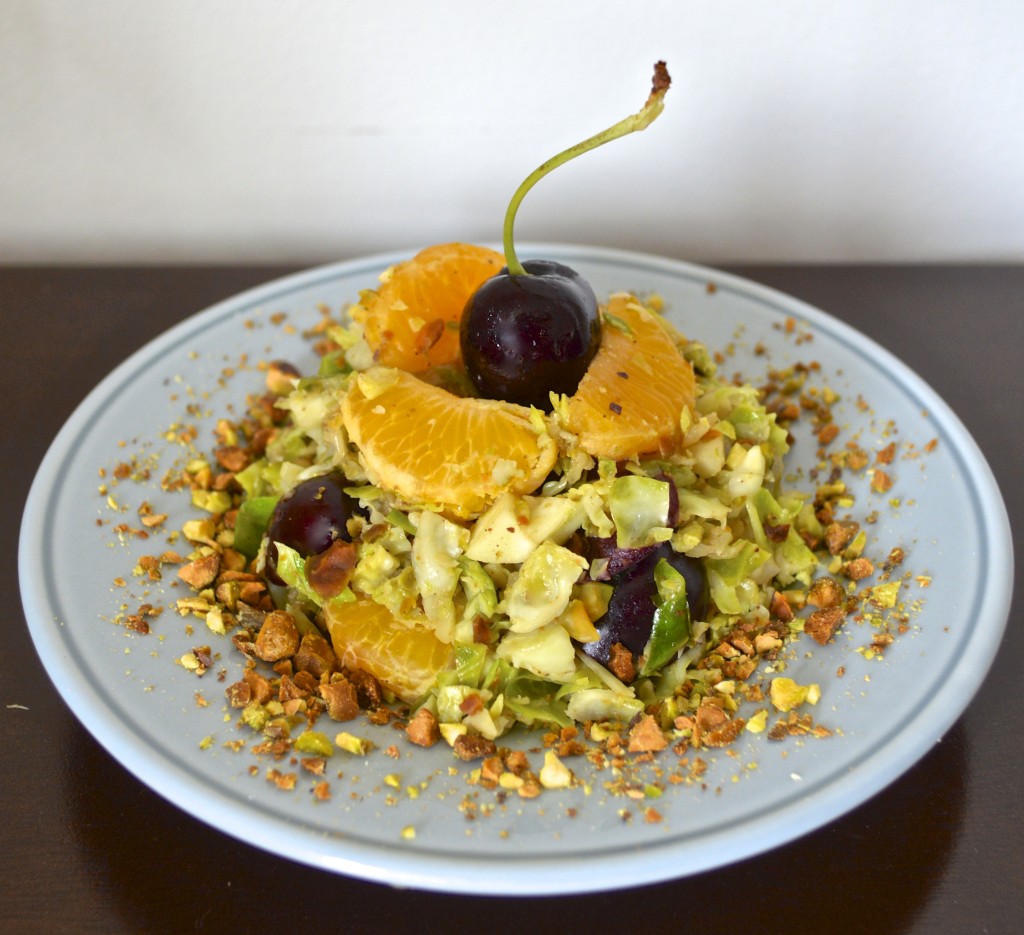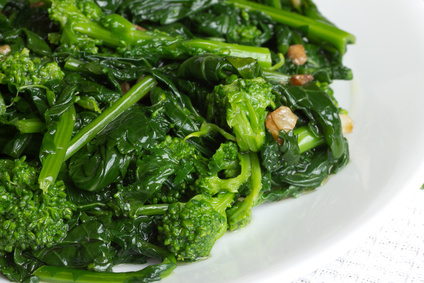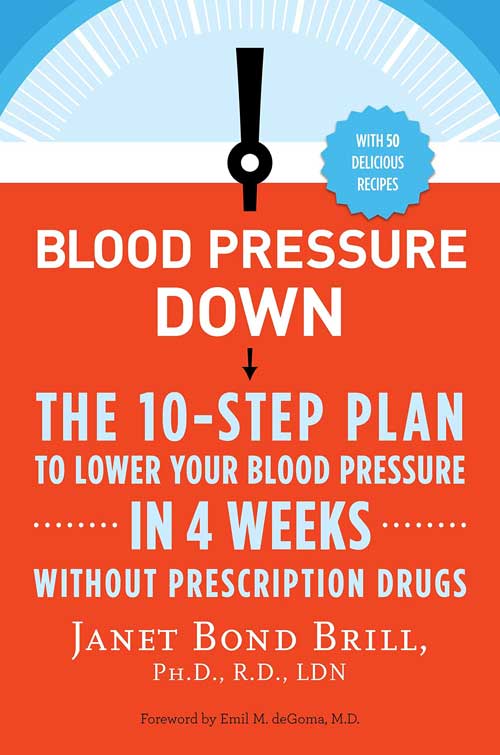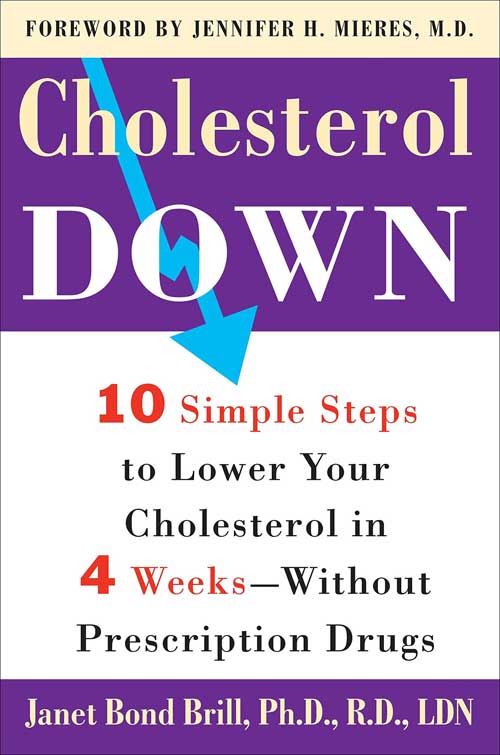By


When you think of turmeric and saffron, delicious and flavorful Indian and Spanish dishes probably come to mind. A special perk: These two super spices have been recently proven to have excellent brain health benefits.
Turmeric, the main ingredient in curry powder, has been shown to reduce risk for Alzheimer’s disease and brain cancer. And exotic saffron has been shown to have an antidepressant effect and to help fight off brain disease such as Alzheimer’s and dementia.
Here’s some additional information on these powerful spices—as well as easy and tasty ways to use them in your cooking to boost your brain health
• Saffron. Saffron threads are actually the dried stigmas (the part of the flower that traps pollen) of a particular variety of blue flowering crocus (crocus sativus). Commonly used in the cuisines of India, the Middle East, Spain and Portugal, saffron is the spice that gives dishes from these regions their golden-yellow hue. Also known as “red gold” or the “king of spices,” saffron beats out truffles as the most expensive food in the entire world. (Premium saffron sells for approximately $130 per ounce!) Luckily, you need only a few threads of this powerful spice to color and flavor an entire dish. Saffron is available in gourmet food markets and online—1 g costs about $12.
Brain-health benefits: The reddish golden color of saffron indicates that it contains carotenoids—plant pigments such as beta-carotene. These powerful antioxidants help the body fight off brain disease, such as Alzheimer’s and dementia, boost immune function and lower inflammation. Other studies suggest that this spice can have an antidepressant effect.
How to use it: Saffron works well in rice dishes…seafood recipes such as paella and bouillabaisse…chicken dishes…and even in some desserts, including cakes and puddings. Remember: The tiniest bit of saffron goes a long way. There’s an old saying among chefs that if you can taste the saffron, you’ve used too much. And just two threads (about 10 mg) have been shown to provide health benefits.
• Turmeric. The plant turmeric, or Curcuma longa, is also known as Indian saffron and is a member of the ginger family. Curcumin is the compound in turmeric that’s responsible for its health effects and its yellow-orange color.
Turmeric is the primary ingredient of curry powder (other spices in curry powder can include chili powder, coriander, ginger and cumin). Turmeric and curry powder are widely available in grocery stores, but for the greatest brain health benefit, opt for turmeric by itself—a 0.95-ounce bottle of ground turmeric costs about $2.*
Brain-health benefits: Rich in antioxidants and dietary fiber, turmeric is high in pyridoxine, a B vitamin, as well as potassium and manganese. It has been scientifically shown to disrupt the brain plaques that are the hallmark of Alzheimer’s disease and to inhibit the growth of malignant brain tumor cells.
How to use it: Toss a little turmeric into smoothies to add a pop of color and an exotic taste…add a pinch to any soup recipe or roasted vegetables…sprinkle onto scrambled eggs…or add to any rice or chicken dish during cooking. Just a dash is all you need. Investigators have found that consuming curry just a few times monthly is linked to improved cognitive function.
*Lead contamination has been found in a few turmeric products. To avoid such possible contaminants, buy spices from large, reputable companies such as McCormick and Spice Islands.




